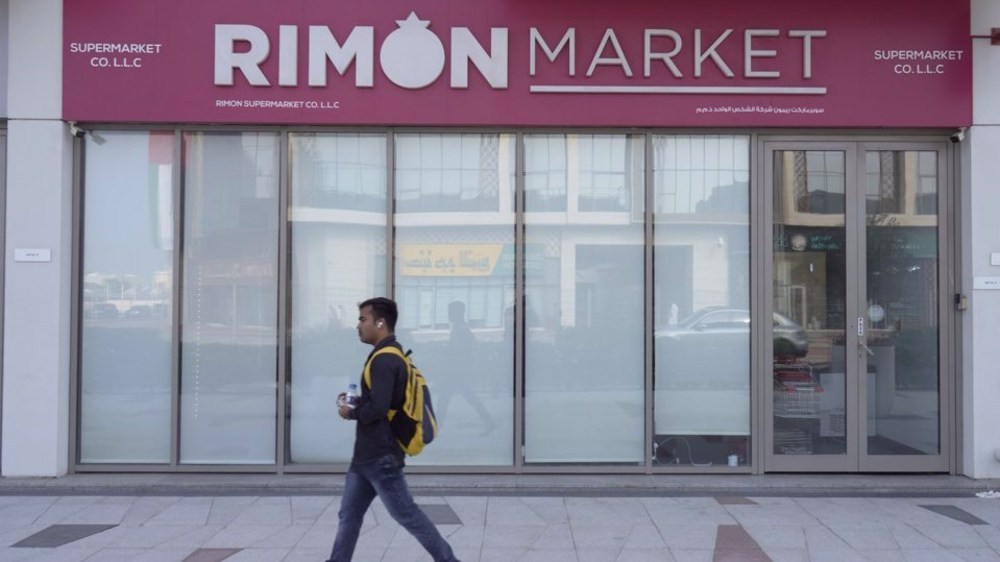Bahraini rights groups slam use of torture by regime’s NSA against dissent
Three Bahraini human rights groups have slammed the Persian Gulf monarchy’s National Security Agency (NSA) for its systematic use of torture against all citizens, including activists and human rights defenders.
The Persian Gulf Institute for Democracy and Human Rights, the Bahrain Forum for Human Rights and Salam for Democracy and Human Rights said in a joint report, entitled “Chambers of Death”, on Tuesday that the “repressive” agency had intensified its targeting of dissenting civilians since the beginning of this year.
It also said both the NSA, founded in 2002, and its predecessor, the General Directorate for State Security Investigations, established in 1966, have been employing excessive force against people since their creation in the country.
The NSA adopted these extreme measures in order to “increase its authority and use it to carry out systematic torture, and also to intimidate the general population with inhumane methods,” said Javad Firooz, the chairman of the Salam for Democracy and Human Rights group, in the report.
Giving examples of a number of abuse cases, it said that female rights activist Ebtisam Alsaegh was tortured and sexually assaulted in the course of an interrogation by the NSA in May.
The report also named Adel Marzooq, an opposition official, who was also arrested in May, and tortured by the NSA members as they had been “stripping him of clothes, pouring cold water several times on him, threatening him with rape, forcing him to repeat the slogans 'I am a traitor to the homeland' and forcing him to quit his legal activism.”
The NSA, not being formally part of the Bahraini Ministry of the Interior, had no power to arrest until 2008, when it was granted with such a power by a Royal Decree. It lost the power in 2011, again by another Royal Decree, only to be granted with the power to arrest again in early January by the direct order of the king.

Back in early June, Amnesty International called on Bahrain to put an end to torturing government critics and all other forms of human rights after Alsaegh told the rights group she had been tortured and sexually assaulted while in detention for seven hours at the NSA headquarters in Muharraq, northeast of the capital Manama, a week earlier.
“The state must end all forms of reprisals it is currently using against human rights defenders and government critics, targeted solely for the peaceful exercise of their freedom of expression,” Amnesty said at the time in its report.
Bahrain, home to the US Navy's 5th Fleet and an under-construction British naval base, has witnessed peaceful anti-regime protests against the systematic abuse of the Shia population and discrimination against them since 2011.
Manama has responded to the protests with lethal force, which has drawn international criticism. Scores of people have lost their lives and hundreds of others sustained injuries or got arrested as a result of the Al Khalifah regime’s crackdown.
The regime in Bahrain also received assistance from Saudi Arabia and the United Arab Emirates on March 2011 as their respective troops were deployed to the island country to assist Manama in its crackdown against dissent.
Bahraini authorities have also detained human rights campaigners, broken up major opposition political parties and revoked the nationality of several activists.
Occupation of Syria’s highest peak Mount Hermon part of ‘Greater Israel’ project
Iran: Syrian people will decide their future without foreign interference
IRGC says Iran’s power exceeds borders, warns enemies to adjust themselves
Dozens detained, several wounded in Israeli raids in West Bank
‘Ethnic cleansing’: Hamas blasts Israeli attacks on Gaza hospital amid intl. silence
Saudi delegation meets HTS leader at presidential palace in Damascus
Relentless Israeli ceasefire violations justify need for self-defense: Lebanese MP
Tel Aviv tells Damascus Israeli forces will remain in occupied territory: Report















 This makes it easy to access the Press TV website
This makes it easy to access the Press TV website